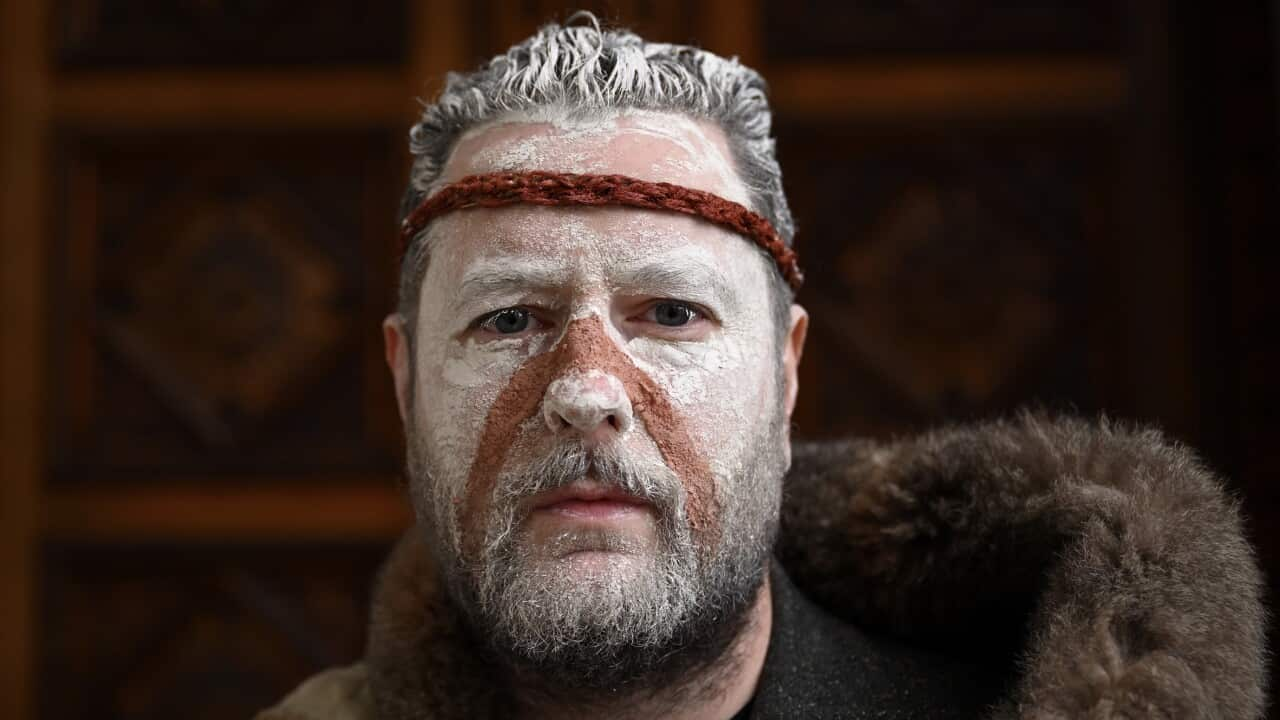A landmark bill to establish a Victorian treaty authority has cleared its final hurdle, passing state parliament unamended with bipartisan support from the major parties.
The Treaty Authority and Other Treaty Elements Bill 2022 passed the upper house 32 votes to three on Tuesday afternoon, drawing applause from MPs and members of the public gallery.
"This is a historic day. This bill is for many of the people up there and the communities you represent," Attorney-General Jaclyn Symes said.
The bill will now return to the lower house to be rubber-stamped before going to the Victorian Governor for royal assent.
The authority will have legal powers to oversee treaty talks and resolve any disputes between the state government and First Peoples' Assembly of Victoria, the democratically elected voice for Aboriginal and Torres Strait Islanders in negotiations.
It will sit outside the usual state bureaucracy, won't report to a minister, have its funding safeguarded from election cycles, and be led by First Nations people.
Assembly co-chair Marcus Stewart said the authority is the first of its kind in Australia and brings together aspects of other treaty commissions in New Zealand and the Canadian region of British Columbia.
"What we've seen historically through land justice in this country is a very adversarial approach. This is different," the Nira illim bulluk man told reporters outside parliament.
"This is about coming into the room, having the conversations ... so we get to a better outcome for all our mob on that journey." Five Aboriginal leaders will be hand-picked to manage the body as part of a nationwide search, similar to the approach used for the state's truth-telling inquiry.
Five Aboriginal leaders will be hand-picked to manage the body as part of a nationwide search, similar to the approach used for the state's truth-telling inquiry.

Co-Chair of the First Peoples’ Assembly of Victoria Marcus Stewart speaks during a doorstop at Victorian Parliament. Source: AAP
"We'll go far and wide. We'll be looking in particular in Victoria for traditional owners who can lead us on this journey," Mr Stewart said.
Under the legislation, the authority will receive $60.5 million in funding over the first four financial years of its existence.
The funding progressively scales up to $20.3 million a year from 2025/26.
"We're pushing the bureaucrats, the public service, the politics out of this entity,'' Mr Stewart said.
"This has to be completely independent. It has to have the trust and faith (of) our community."
He said work on treaty-making in Victoria could begin as early as next year.
Ground rules for negotiations will be set beforehand, with the assembly hopeful an agreement can be struck ahead of the November 26 state election.
It will then set its sights on establishing a self-determination fund for First Nations communities in Victoria to enter negotiations with the government on an "equal" footing, while also empowering them to build wealth and greater capacity for future generations.
Premier Daniel Andrews said it was significant the bill was passing amid a push to entrench an Indigenous voice to federal parliament in the Constitution through a referendum as early as next year.
"It just shows you how far we've come in even such a short period of time," he said.



